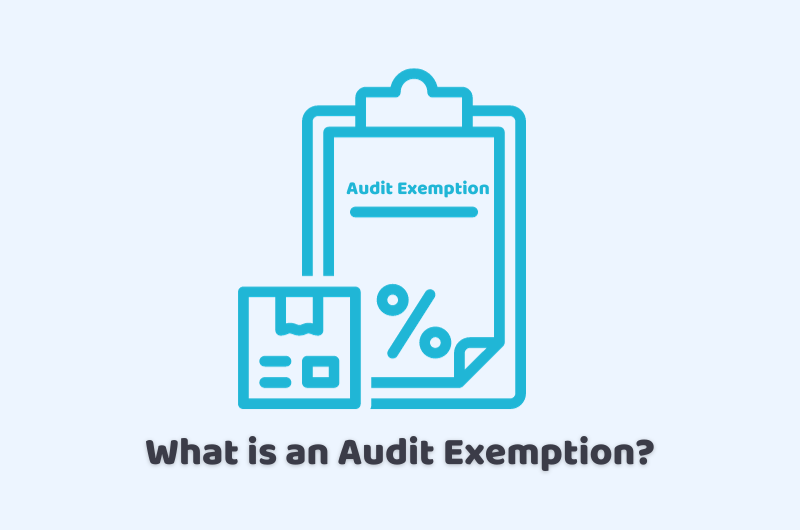17/11/2023Accounting
In this guide, we will dive into details about what is an audit exemption. We will explore the concept of audit exemption and how it impacts businesses. Audit exemption refers to the ability of certain companies to be exempted from the requirement of a formal audit based on specific criteria and thresholds. We will also …
Read more
